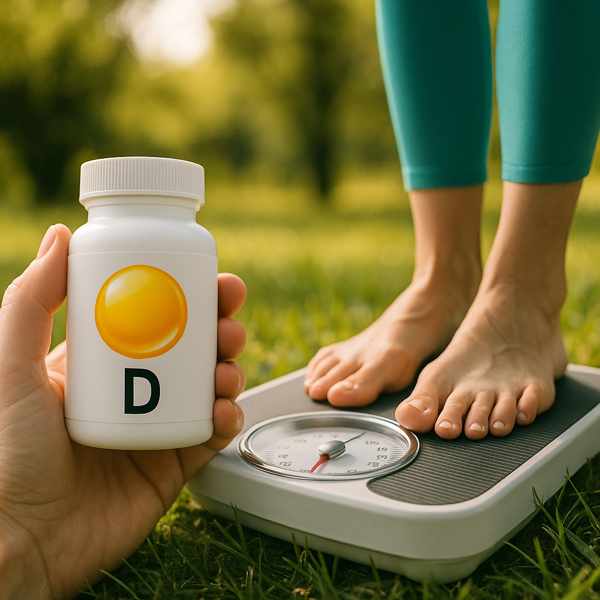Will Taking Vitamin D Help You Lose Weight?
Will Taking Vitamin D Help You Lose Weight?
Blog Article

Vitamin D has gained a lot of attention not only for its role in bone health and immunity but also for its potential connection to weight management.
Let’s explore the science, potential benefits, and how vitamin D may — or may not — affect your weight loss journey.
Vitamin D Basics
Known as the “sunshine vitamin,” it plays a key role in many bodily functions.
It helps with:
- Important for strong bones and teeth
- Helps defend against infections
- Linked to serotonin and depression
- Contributes to physical performance
What the Research Says
Several studies have found links between low vitamin D levels and higher body weight.
Some research suggests:
- Vitamin D may influence fat metabolism
- It might reduce inflammation
- Helps people stay consistent with workouts
- Can help manage blood sugar and appetite
What Experts Have Found
- A study in 2014 found that overweight women who took vitamin D lost more fat than those who didn’t supplement.
- Another review showed vitamin D helped improve metabolic markers related to weight control.
- Some trials show no major impact on weight loss unless deficiency was corrected first.
While promising, the evidence is not yet strong enough to say vitamin D alone causes weight loss.
When Vitamin D Can Help with Fat Loss
People most likely to benefit read more from vitamin D supplementation include:
- Get your blood levels tested first
- Individuals with obesity or metabolic syndrome
- People with mood or energy issues
- Indoor lifestyles can contribute to deficiency
How to Add Vitamin D to Your Routine
Ways to get more vitamin D:
- 15–20 minutes of sun per day without sunscreen
- Foods like salmon, egg yolks, fortified milk
- Most effective form for raising blood levels
Tips:
- Don’t overdo it
- Especially if you take other medications
- Combine with calcium and magnesium
What You Should Know
Vitamin D isn’t a magic solution for shedding pounds.
For best results:
- Focus on whole foods and nutrients
- Stay active
- Sleep affects hormones that regulate appetite
- Cortisol can cause fat storage if left unchecked
Conclusion
If you’re deficient, correcting your levels could lead to better energy, mood, and metabolic function.
As always, talk to your healthcare provider before starting new supplements. Report this page